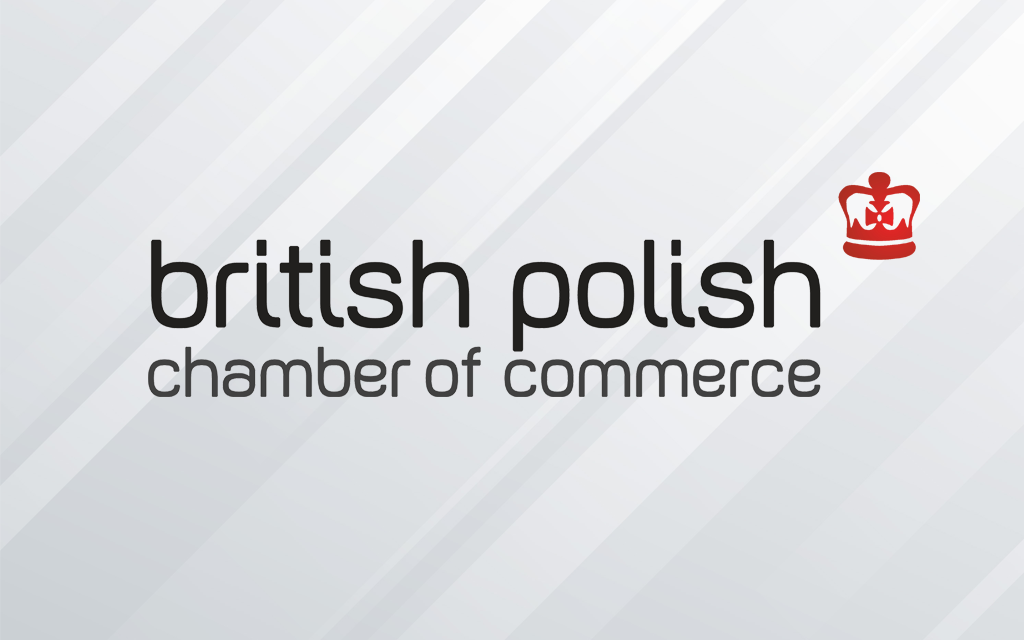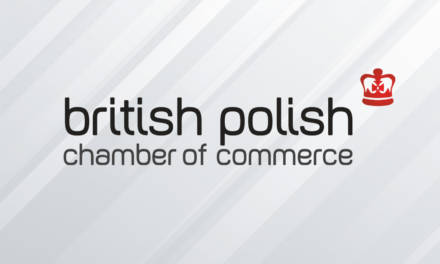Major Brexit-related changes to the movement of goods between the EU and UK came into force on 1 January 2022: what this means for Polish importers and exporters

Full customs declarations
On Saturday 1 January, the UK government introduced the requirement for full customs declarations and controls on EU goods entering Britain, along with the requirement for pre-notification of Sanitary and Phytosanitary (SPS) goods. These were originally due to be introduced on 1 October 2021. [SPS measures refer to the EU controls to protect animal, plant or public health.]
However, other requirements also due to have come into force by now will be introduced on 1 July 2022 or later. Phytosanitary certificates and physical checks on SPS goods at British border control posts will now be introduced on 1 July 2022. Safety and Security declarations on imports will also be required as of 1 July 2022 (more about the further changes below).
Goods Vehicle Movement Service
The UK government’s Goods Vehicle Movement Service (GVMS) has now gone live and will become a requirement for ports that are operating a ‘pre-lodgement model’ for checks on imports.
Under this model, hauliers will need to pre-lodge declarations for the goods they are carrying into Britain, using GVMS, to generate a Goods Movement Reference number. Hauliers will not be allowed to board any ferry heading to a British port adopting the pre-lodgement model if they do not possess a GMR number.
Other ports will be adopting a temporary storage model whereby customs formalities are completed for the goods entering Britain while they are in storage at that port for up to 90 days.
Find out more here about the pre-lodgement and temporary storage models.
[It’s important to note the distinction between ‘Britain’ and ‘the United Kingdom’; ‘Britain’ being separate from Northern Ireland, which remains a de facto member of the single European market and Customs Union.]
What is still to come
Certification and physical checks will be introduced for products of animal origin, animal by-products, plants and plant products in three phases from July 2022.
Phase 1 – 1 July: high-risk animal-by products, all regulated plants and plant products, all meats and meat products, high-risk foods not of animal origin
Phase 2 – 1 September: dairy products
Phase 3 – 1 November: all other regulated products of animal origin including composite and fish products
The requirement to pre-notify the Animal and Plant Health Agency (APHA) or Department for Environment, Food & Rural Affairs (DEFRA) of imports of SPS goods from the EU, using IPAFFS (the import of products, animals, food and feed system), came into force on 1 January 2022.
Polish exports to the UK/imports from Poland
From the New Year, Polish exporters to the UK will feel the extra burden of declarations and notifications. Larger exporters have the scale to be able to deal with the new regulations, but small traders that typically export goods in small batches may find that the additional costs incurred make the UK market no longer financially viable for them. British exports – particularly of foods, particularly from smaller firms – felt the impact of Brexit on 1 January 2021. As many as one in five are said to have stopped selling into the EU since then, because of the extra regulatory burdens, to which now must be added the costs of dealing with the full customs declarations.
The EU began treating imports from the UK the same way as it treats imports from any third country on 1 January 2021, whilst the UK government preferred ‘flow over control’ – allowing in imports from the EU with the minimum of customs checks to prevent unmanageable supply-chain disruption.
From 1 January this year, imports from the EU will become more expensive, the process becoming less flexible and slower.
Whether or not a Polish exporter continues selling into the UK depends very much on scale, logistics and determination. The opportunity created by Brexit and the plethora of new regulations will be the opening up of market niches left by European exporters who have (or who will have) given up on the UK market. This, however, means the necessity to engage in a level of pro-active marketing and brand-building, consumer outreach and communication, to explain the qualities of Polish products and how they can replace those products that will no longer be sold in the UK.
Finding innovative ways to continue to selling into what for Poland was the second (and is now the fourth) largest export market – and remains its second largest market for food products – will be more important than ever for Polish exporters.
The BPCC and its members will continue to provide high-quality guidance to Polish exporters in the form of webinars, briefing materials and articles.

























